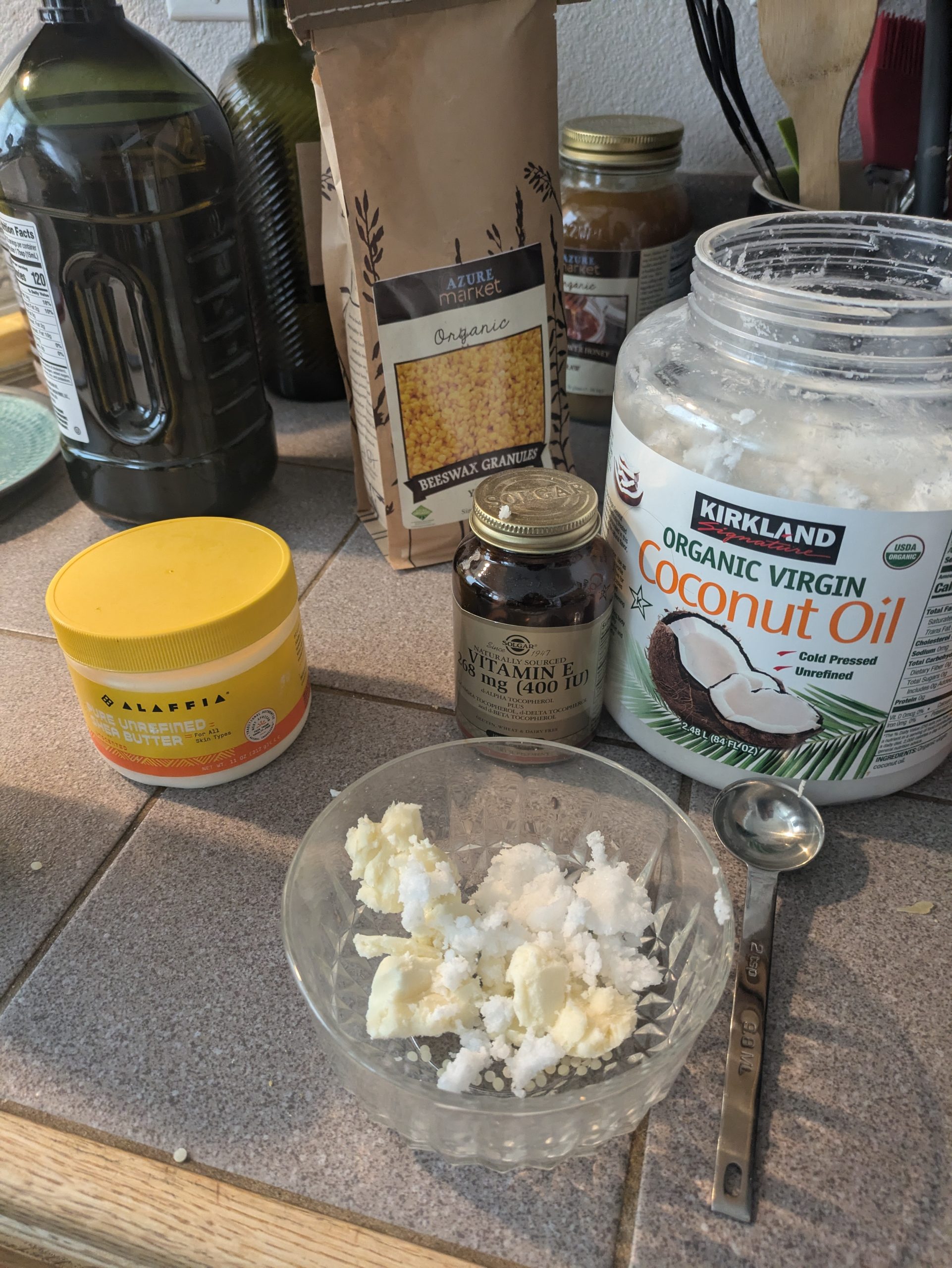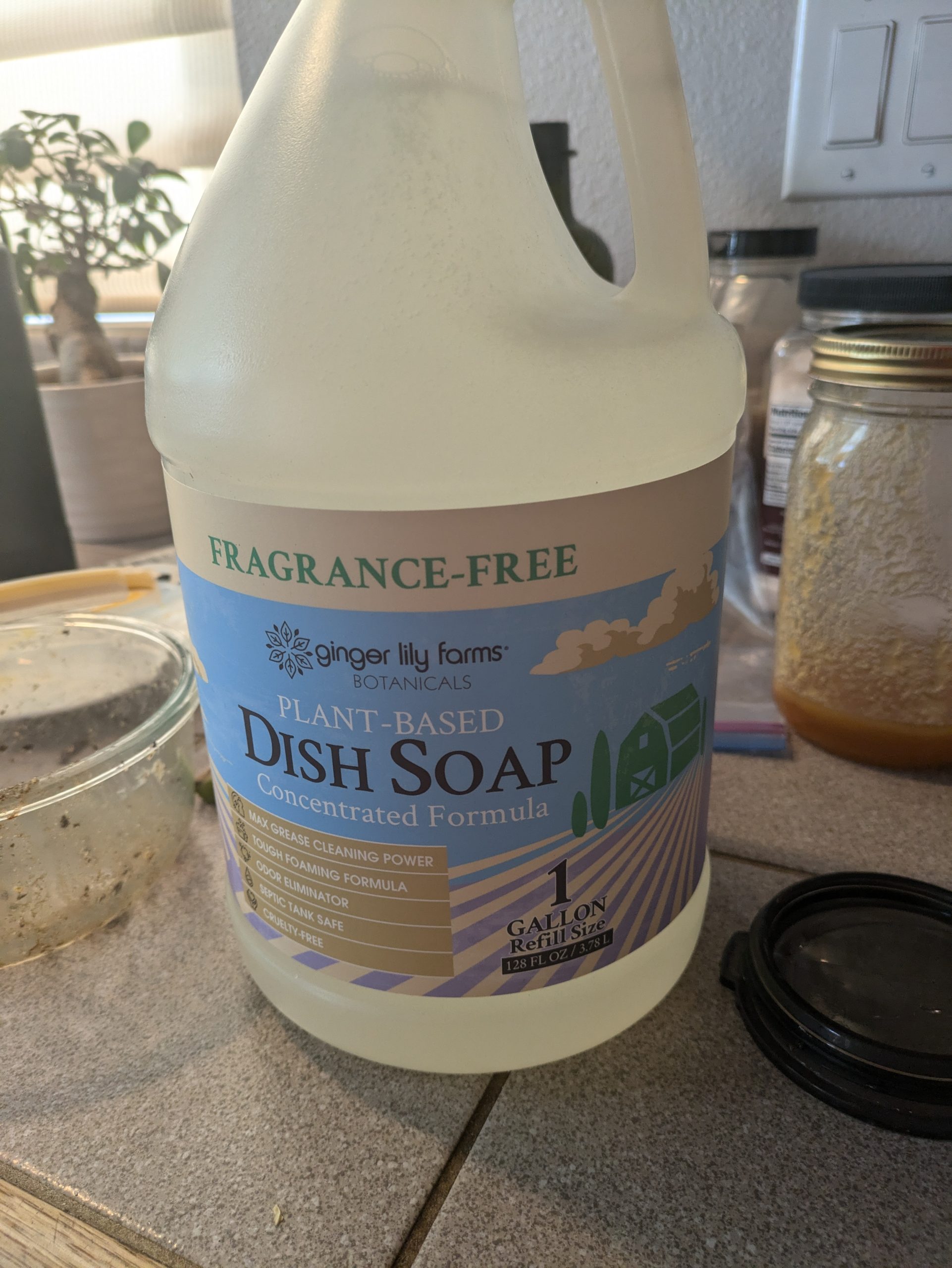Book Review and Important Ideas from “Fasting and Eating for Health” by Joel Fuhrman, M.D.
Short Disclaimer: Please remember that these reviews are based on a personal understanding of the book and personal viewpoints. I have included my views and my interpretation of what the author is trying to say. Please read the book for yourself and any suggestions you may find in this book or my interpretations from this book you must take at your own risk. Please consult a health professional prior to attempting any health endeavors as this blog is not meant to diagnose or treat any illnesses.
Main Idea: Fasting helps to alleviate symptoms and causes of illness. In some instances fasting can cure and reverse certain kinds of diseases. The author combines fasting with a healthy lifestyle to maintain good health.
Good Points: Fuhrman appears to have much research in the area of fasting for health. He has his own experience of doing just that to cure his own health problem. He suggests many helpful ideas and explains the processes as to why it is important to fast for health and suggests various ways in which fasts can be utilized to reverse significant conditions including heart, immune, muscle, and other organs or major tissues that could be compromised when unhealthy. He lays out how to fast and for how long. He suggests that fasting is a biologically intuitive response that can be identified in nature. When animals are hurting, they often fast, and likewise, when we are sick we can often have the instinct to fast, as well. Fuhrman advocates for doing a water only fast, which is said to promote healing better than incorporating a juicing or bone broth fast. Fasting apparently can promote the reduction of abnormal cells, tumor growth, and other waste or toxins. Based on the author’s point of view, a person will not completely lose all nutrients until day 40 of a fast. This is not recommended of course. The author seems to give some patients 20 day fasts or sometimes shorter. For some, he only recommends diet changes depending on the severity of their symptoms. It seems that generally those with more severe symptoms are recommended water fasts. Remarkably, this doctor has found that he is able to reduce and sometimes eliminate people’s medications and such, and sometimes completely eliminate poor health.
Points I Disagree On: Although I agree with many of his claims about the toxicity of certain foods we eat, I do not believe that the issue lies with the foods themselves, but rather where they come from. He is a big proponent of mostly eating vegetables and cutting out or greatly reducing one’s intake of meat and dairy products. Although his claim is valid that meat and dairy products are often compromised due to hormones, shots, and unhealthy foods given to the cows or other animals, it stands to reason that procuring these products from a healthy farm source would somewhat resolve the matter. Not to mention his focus on greatly reducing fats and proteins which is thought to help with a variety of conditions. Although he appears to have evidence for cutting much out of people’s diets and seeing great improvement, it is important to note that there have been fluctuations in medicine that advocated for low fat diets and then others that more recently advocate for high fat diets, etc. He is not a proponent of seed oils, which is good, nevertheless, he advocates for not having olive oil. Seed oils are certainly dangerous, and should be avoided, but olive oil is considered to be a health promoting food by many doctors. Also, his food pyramid although much better than the “US Recommended Dietary Allowance “(RDA) still seems to resemble a more grain heavy meal, which we could argue is problematic when grain is so GMO, pesticide, and herbicide compromised nowadays. He does advocate for a heavy dose of vegetables which is definitely a good place to start and he also urges people to avoid processed foods and MSG which is a healthful approach. Although his nutritional advice may give many people relief, iit resembles more a diet rather than a lifestyle approach. He cuts out so many foods (including whole foods) that many people would be hard pressed to maintain that stringent of a lifestyle. Often too, when people adopt a low fat and vegan lifestyle, they find that they want to eat some delicious meals and may opt for vegan burgers which are often more toxic and made in a laboratory sometimes out of fungus. During the whole low fat movement margarine was often marketed and adopted which people learned later was made from hydrogenation of seed oils which made it toxic for consumption. In all, the average person may not be able to sustain such a limited diet as advocated by Fuhrman (which may be unnecessary and in some cases detrimental) in which case it would be better to simply eat healthy whole foods and minimize any processed meals or seed oils. When one is faced with poor health, it may be beneficial to take up water fasting as recommended by this doctor as it appears to have great effects in promoting and healing the body.
Take Away: Fasting is beneficial for health, but should be done with supervision of a doctor. It is important to find a doctor that understands the process of fasting and can monitor your levels of minerals and vitamins as various people require differing amounts of these nutrients depending on how quickly the body is using them and such. People also may vary on how much of each mineral or vitamin they may need for optimal functioning. From personal experience, fasting is very beneficial and can rid the body of many unpleasant symptoms and side effects from being sick or unhealthy. From personal experience, my fast was very unpleasant due to the fact that my body was very unhealthy when I began my fast. This is not generally what is reported though, as many people feel better on a fast than when they are eating regularly. Although difficult fasts are sometimes reported when people are unhealthy and need their body to greatly detoxify, I did an eleven day fast without medical supervision as my doctor and nurse did not know or believe in fasting. I found that I had much improvement in symptoms after the fast. I would not recommend fasting without the support of a doctor and a network of support from either healthcare members or family or friends. Fasting may be easy for some, but depending on the severity of symptoms a person may be incapable of caring for their own needs during a fast due to extreme weakness and other symptoms.
Final Point: In general, I would greatly recommend reading “Fasting and Eating for Health” by Joel Fuhrman. I find his ability to reverse disease through fasting to be remarkable and exhilarating. This is truly where we want to be in treating disease – using our own bodies’ remarkable mechanisms for self-healing. Reversing and preventing or slowing disease through natural mechanisms is important and getting at the root cause of disease I would argue is much better than an excess of medications that often mask symptoms rather than treating the root cause. I am grateful to doctors who dedicate their efforts at figuring out what is going on behind the scenes of the symptoms our bodies send out to cry out for help when faced with metabolic dysfunction and overall deterioration in health.

